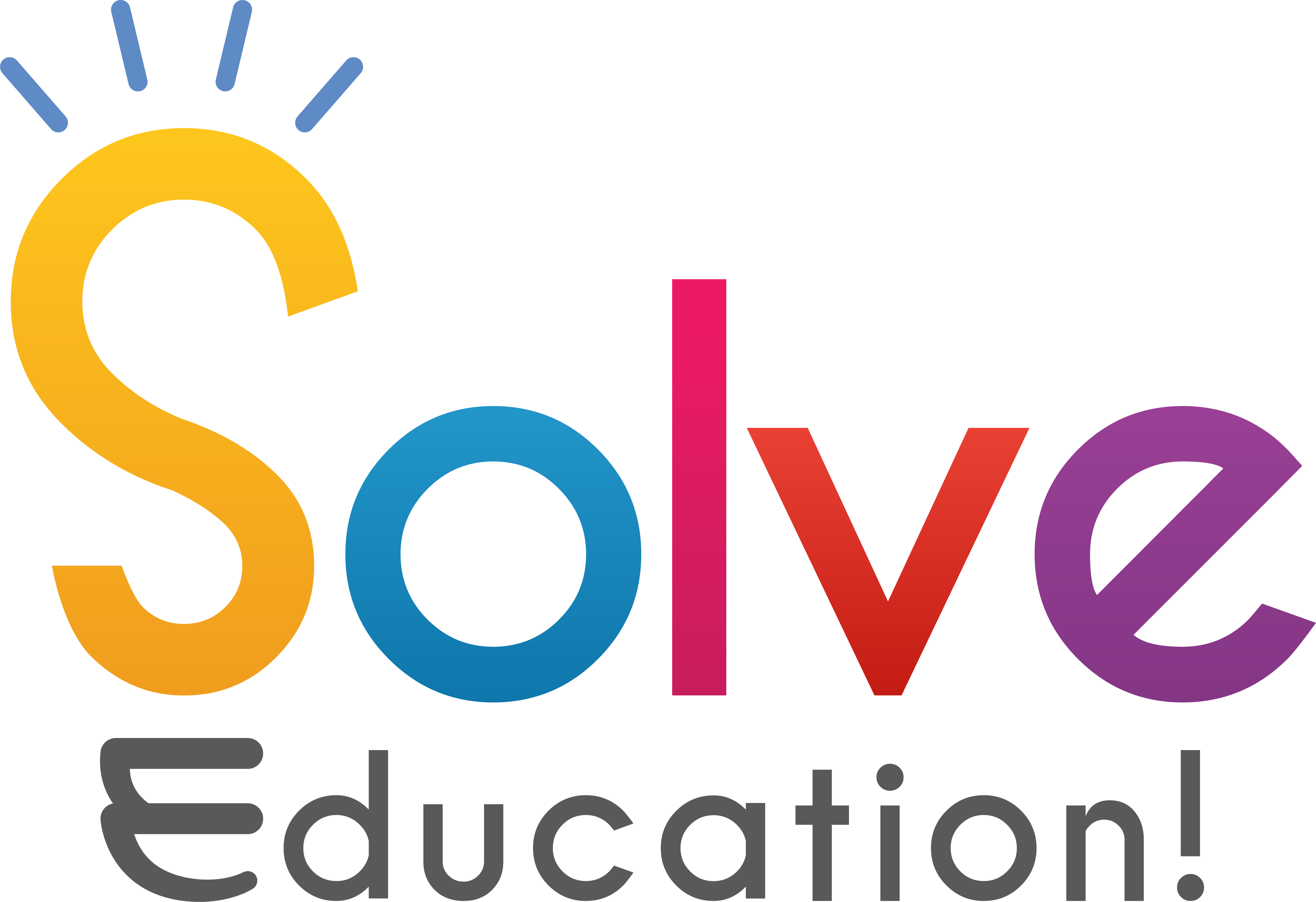Learning through games—have you ever heard of it in education?
In the ever-evolving educational landscape, traditional teaching methods often fall short of meeting the needs of tech-savvy youth.
Solve Education! has introduced a fresh approach with “Learning Through Games” in Semarang, proving that technology and gamification can create a more engaging and effective learning environment. This program not only focuses on English language teaching but also on adapting the learning experience to the needs of modern students, ensuring sustainable education for the future.
Enhancing the Quality of English Education
In collaboration with the Government and Education Department of Semarang, Solve Education! launched a comprehensive program across 110 schools, involving over 12,000 junior high school students. This initiative provided access to SE! Learning platforms and Learnalytics, allowing students to learn English through a personalized and interactive approach. Teachers were also empowered through special training, making them more effective facilitators in the learning process. This strategic effort is a significant step forward in ensuring that every student receives quality and sustainable education supported by technology.
Innovative Approach Learning Through Games
Gamification lies at the heart of this program, seamlessly integrating game elements into the learning process to boost student engagement. The program carefully designs challenges that allow students not only to learn English but also to develop cognitive and social skills. Gamification turns learning into an anticipated activity rather than a burdensome task. Students in this program improved their English proficiency by 69% within one semester, providing concrete evidence of the effectiveness of this approach in enhancing sustainable educational quality.
International Experiences and Awards for Outstanding Students
Solve Education! recognizes the importance of providing students with rich and meaningful experiences. The program offers top-performing students rare opportunities to interact with international speakers from various countries, allowing them to practice English in real-life contexts. Additionally, awards such as scholarships and the title of English Literacy Ambassador motivate students to continue excelling. This effort instills values of excellence and lifelong learning, furthering the goals of sustainable education.
Testimonials from Teachers in Semarang about Learning Through Games
Teachers involved in this program also experienced the positive impact of game-based learning. Puji Lestari Triyatun, a teacher at SMP Negeri 10 Semarang, shared her thoughts:
“In this digital era, SE! Learning platforms have truly been a breakthrough, especially in teaching the basics of English to students. The innovative approach of this program has not only enriched my teaching methods but also improved the quality of learning for my students. It’s more than just a tool; it’s an experience that has transformed how we teach and learn.”
Sri Mulyani, a teacher at SMPN 5 Semarang, echoed similar sentiments:
“Using SE! Learning platforms has significantly enhanced my students’ English fluency and vocabulary. The program offers a unique and effective approach to teaching English in my classroom.”
Tangible Results and Positive Impact
The impact of this program extends beyond the classroom. Data reveals increased collaboration among educators and better integration of technology, fostering a more dynamic and collaborative learning environment. At SMPN 27 Semarang, for instance, students improved their English exam scores by 4%, showing that this method delivers practical success, not just theoretical benefits. The program highlights how the right approach to technology can serve as a powerful tool in improving the quality of sustainable education in Indonesia.
The Future of Education through Gamification
With its success, “Learning Through Games” emerges as a promising model for the future of sustainable education. This initiative goes beyond just incorporating technology; it shows how technology can enrich the teaching and learning process. Semarang stands as a clear example of how educational innovation can drive significant change. This program has the potential to be adopted more widely, not just in Indonesia but globally, inspiring funders and the public to support initiatives focused on sustainable education improvements.

